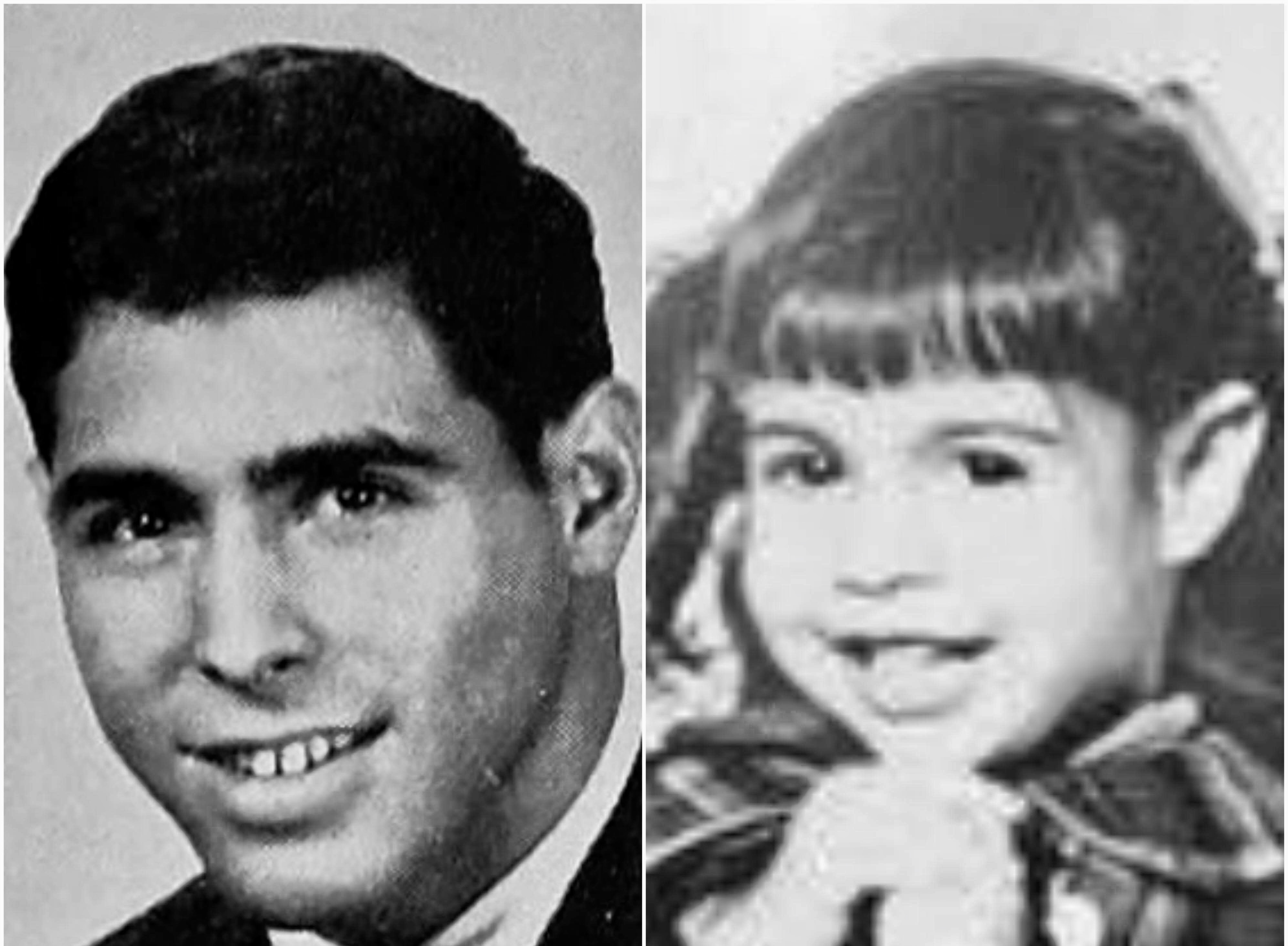Self-Identity is a set of beliefs we have about ourselves. It includes our culture, race, gender, religion, academic, and career success. We all have two layers of identity – personal identity (how we perceive ourselves) and social identity (how others perceive us).
When we are children, we begin to integrate our personal and social identity. When we are bullied and/or ostracized based on our self-identity, it can cause lasting psychological damage that results from the lack of self-esteem.
As adolescents, we often question who we are and start to put words to our identity, but the quest does not stop there. Defining our identity is a recurring lifelong challenge. In our late teens and as adults, acceptance from our peers or the absence of it, continues to impact our emotional health.
Emotionally healthy people can detach from the perceived roles and expectations of others and find validation for their choices within themselves. However, many young adults will choose their path based on the prestige they think it will provide, only to find out later in life that they are in the wrong profession.
We continue to revisit the same identity questions we first asked in adolescence and young adults, throughout our lives. The questions remain the same but the answers change, sometimes dramatically, over the course of our life.
Think about it – when was the last time you looked yourself in the mirror, either literally or metaphorically, and asked yourself identity questions? Who am I? What do I stand for? What am I doing with my life? Is this what I am all about?
If you are anything like me, these questions surface during major milestone or crisis situations. We wrestle with these questions when we experience significant changes in our lives – grief often bubbles our identity to the forefront.
The first time I remember feeling shattered by my identity was in 2001. I had over identified with my work without realizing how strong my identity was tied to my role. I was blindsided when I lost that job and no longer knew who I was or what to do with myself.
Believe it or not, this over-attachment is common and creates a lot of loss for those in similar situations. Today, in the age of social media, many people identify with their on-line persona and struggle to be who they pretend they are.
Today there is another challenge to our identity that affects 7-10% of us that take DNA tests. After weeks waiting to find out about our ancestors, we open the results only to learn that we join a new class of people -NPE (not parent expected). I was 50 when I learned that the man I knew as my father was not my biological dad.
Who Am I (Really) – took a whole new twist with that genetic revelation and to say the earths axis tipped under my feet would be an understatement. The quest to understand who we really are is a life long journey that can open and close many doors.
As humans, we constantly reevaluate ourselves, our goals, our dreams, our lives. Sometimes our identity related issues appear in our dreams and in our unconscious thoughts. In our continual quest to understand ourselves, questioning – “Who Am I (Really)?” helps steer us along the journey of life.
Talking to a coach or therapist can help you let go of unhealthy attachment to any given identity and help you reconnect to a more authentic self. They can also help you free yourself from the shackles of shame that might be holding you back from making true, free choices and from living a fulfilling and joyful life.


